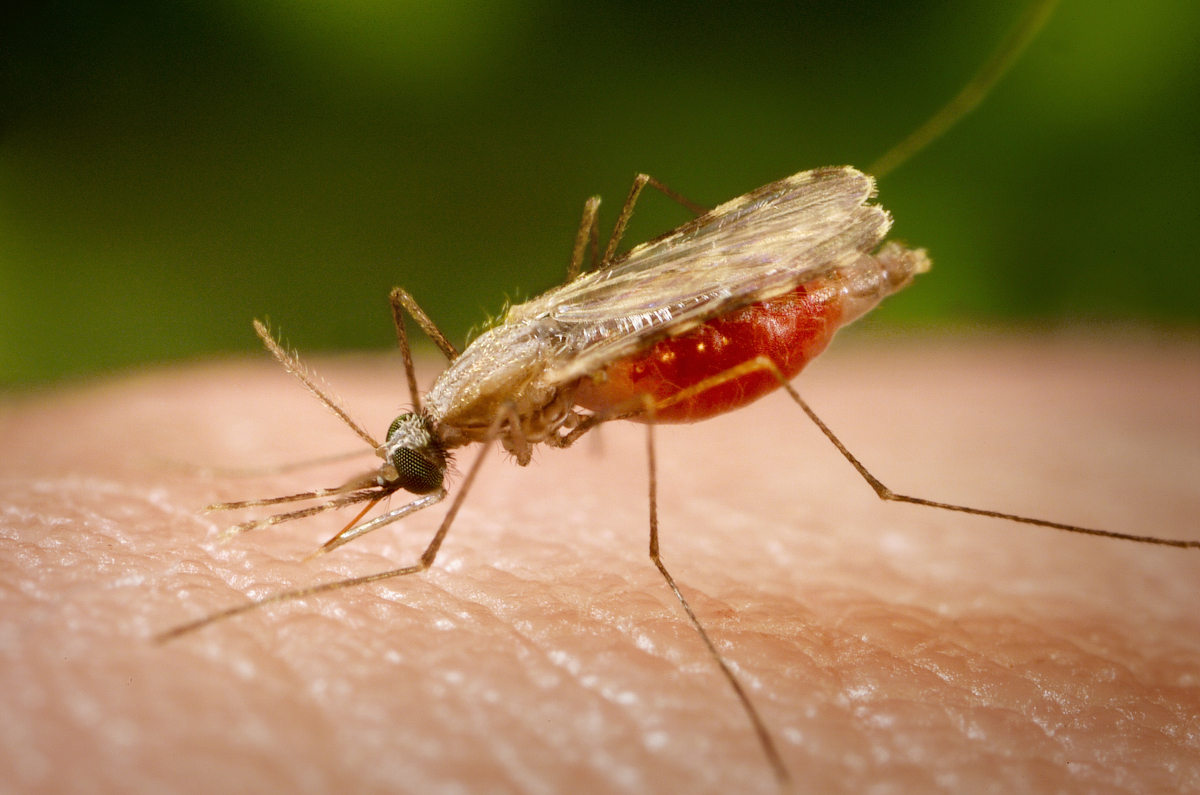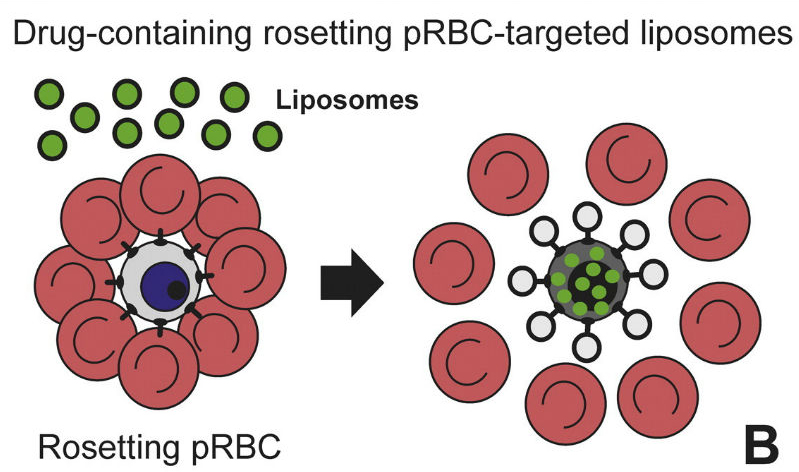Disrupting malaria’s inner balance: targeting parasite’s protein control system could be key to innovative treatments
IBEC and ISGlobal researchers led a study that points towards protein aggregation as a possible target to find new ways to reduce the viability of Plasmodium falciparum, the main causing agent of malaria. By inducing protein aggregation, they observed considerable disorders in protein homeostasis and a significant reduction in parasite growth. The results position protein aggregation control as a promising target for antimalarial therapies.


